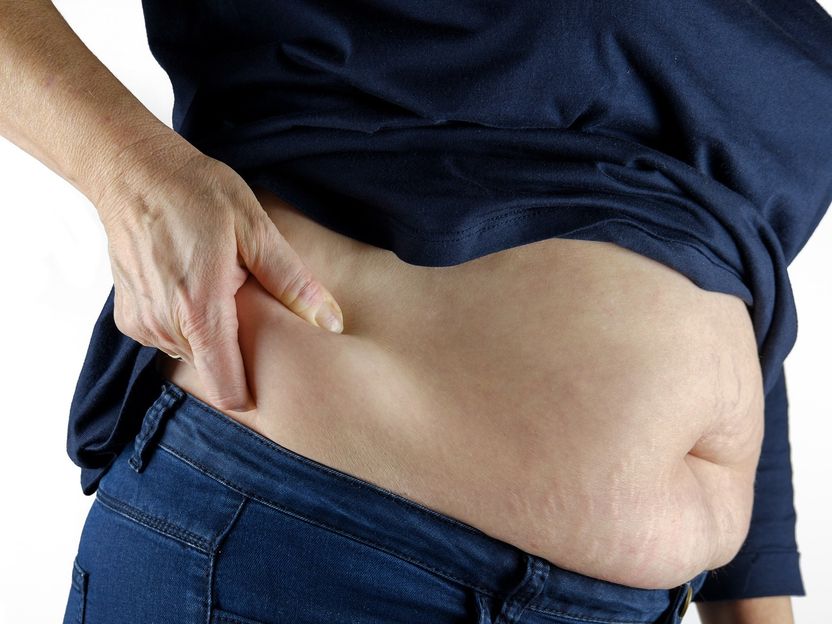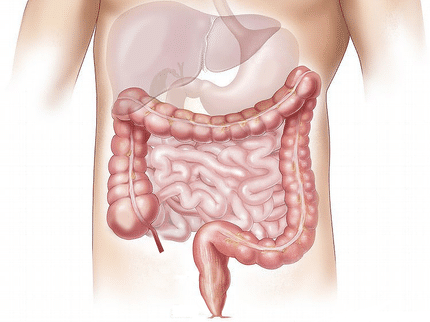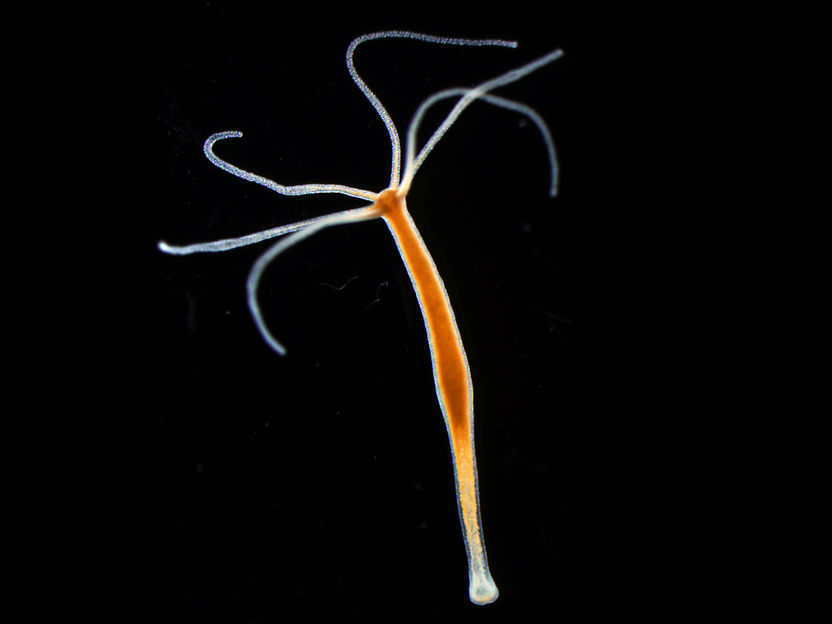Adipose tissue is an important SARS-CoV-2 replication site
Obesity is an important risk factor for severe disease progression in COVID-19 patients
Advertisement
A multidisciplinary research team from the Leibniz Institute for Experimental Virology (HPI) and the University Medical Center Hamburg-Eppendorf (UKE) has now demonstrated an important role of adipose tissue in the viral replication of SARS-CoV-2. The results, which also identify new therapeutic strategies for the treatment of SARS-CoV-2 infections, were published in the online edition of the journal Cell Metabolism.

Symbolic image
pixabay.com
Globally, excessive body weight poses a serious threat to public health. According to the World Health Organization, the prevalence of obesity has increased dramatically in recent decades and has now reached epidemic proportions. Approximately 39% of adults (>18 years) are overweight (BMI≥25 kg/m²) and 13% are obese (BMI≥30 kg/m²). An estimated 19% of children and adolescents are overweight and 7% are obese. Prevalence can vary widely among countries.
Throughout the COVID-19 pandemic, obesity has repeatedly been shown to be a risk factor for severe disease progression. However, the role of adipose tissue in viral infection and viral replication of SARS-CoV-2, as well as possible consequences for the metabolism, were largely unclear. This question has now been addressed in a multidisciplinary study.
The research team led by Prof. Dr. Gülşah Gabriel (HPI) and Prof. Dr. Jörg Heeren (UKE) was able to show in autopsy samples of COVID-19 decedents that SARS-CoV-2 is frequently detectable in the adipose tissue of COVID-19 patients. Remarkably, the virus was detected predominantly in the adipose tissue of males who were overweight or obese. In female individuals, SARS-CoV-2 was also detected in adipose tissues, although there was no clear correlation between fat mass and virus mRNA levels. In a preclinical model of the COVID-19 disease, it was also shown that SARS-CoV-2 spreads from the respiratory tract into adipose tissue, where it continues to replicate. This leads to local inflammation and has consequences for the entire metabolism. "Our results show that the metabolic changes described in patients with COVID-19 can be explained by SARS-CoV-2 infection of adipose tissues," explains Jörg Heeren, Professor of Immunometabolism at the Institute of Biochemistry and Molecular Cell Biology at the UKE.
In addition, it was shown that in mature adipocytes (fat cells) in cell culture, intracellular lipid metabolism is a significant factor for the spread of SARS-CoV-2. Thus, blocking lipid degradation by a lipase inhibitor reduces virus replication in mature adipocytes by a factor of 100. Simultaneous administration of a drug used to lower cholesterol further suppressed replication. "Since these are two agents already approved against other diseases, our results could provide a basis for new treatment strategies against COVID-19," Gülşah Gabriel, head of the HPI research department "Viral Zoonoses - One Health" and professor of Virology at the University of Veterinary Medicine Hannover (TiHo) Foundation, explains the results.




















































